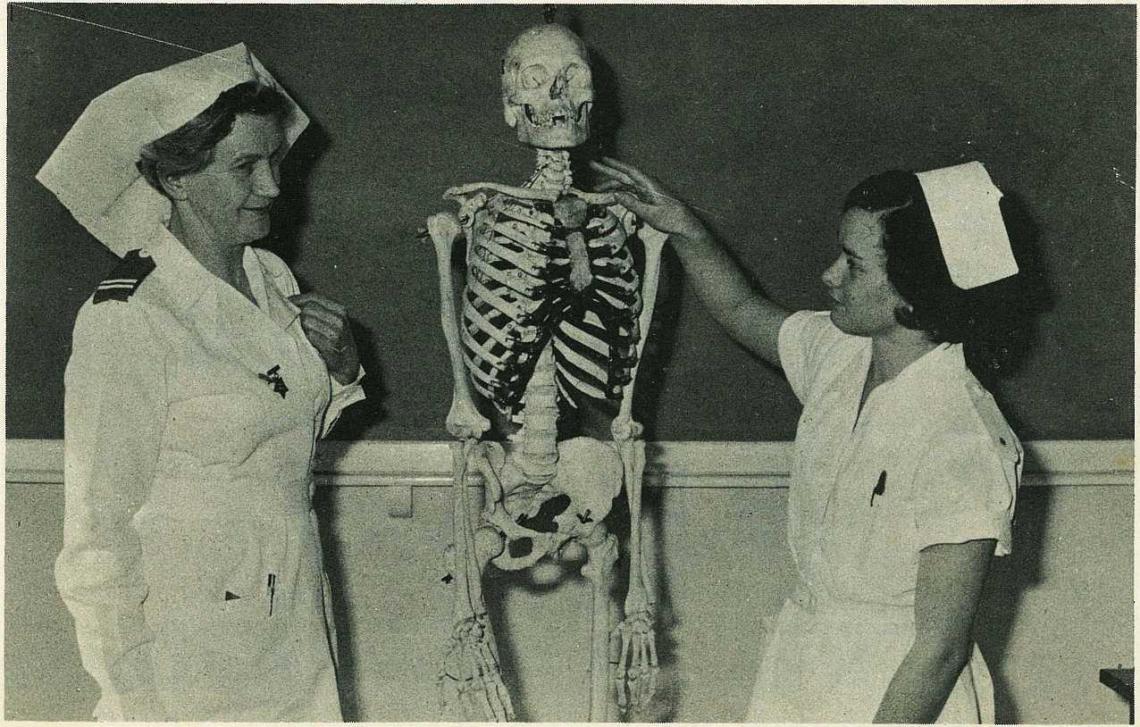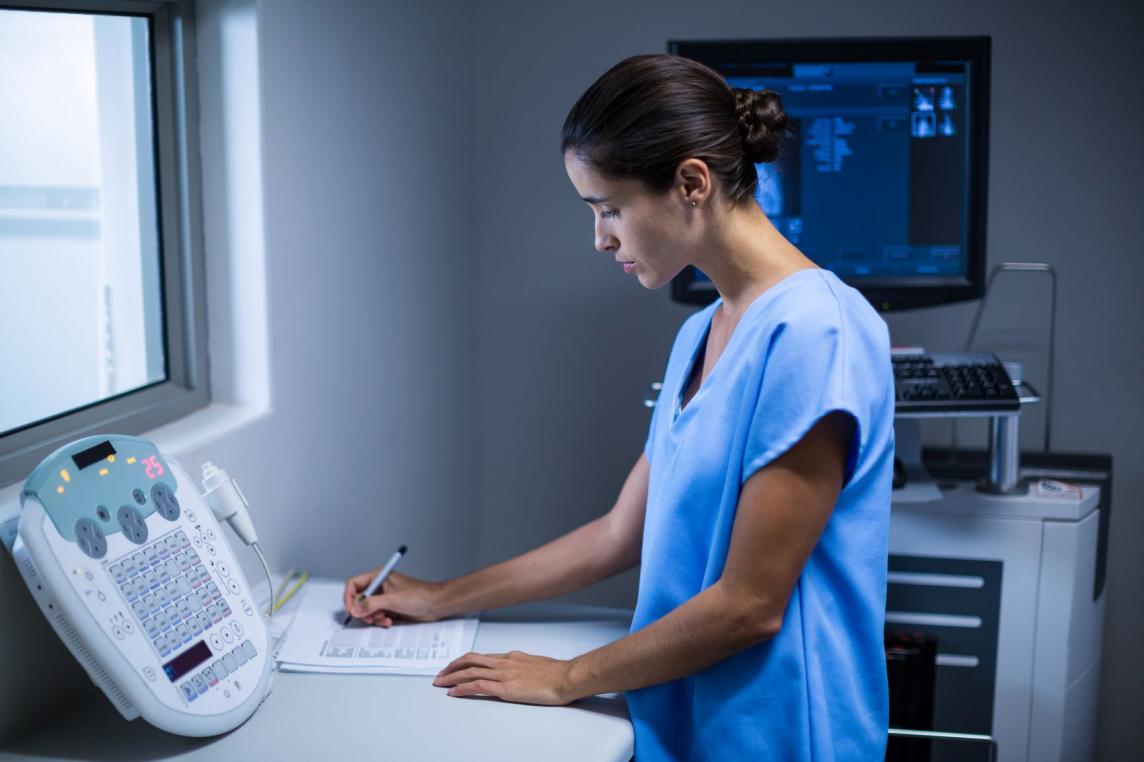Educational Requirements for Nurses Who Want to Use Satellite Data GIS
Nurses play a vital role in healthcare, providing direct patient care and contributing to population health management. With the advancements in technology, nurses are increasingly utilizing Geographic Information Systems (GIS) integrated with satellite data to enhance their practice and improve patient outcomes. This article outlines the educational requirements for nurses who wish to incorporate Satellite Data GIS into their professional practice.

I. Introduction
A. Purpose: The purpose of this article is to provide an overview of the educational requirements necessary for nurses who seek to utilize Satellite Data GIS in their nursing practice.
B. Significance of Satellite Data GIS in Healthcare: Satellite Data GIS is a powerful tool that enables nurses to visualize, analyze, and interpret geospatial data related to health and healthcare. It allows nurses to identify patterns, trends, and relationships in health data, leading to informed decision-making, improved patient care, and better population health management.
II. Educational Requirements

A. Academic Background:
- Bachelor's Degree in Nursing (BSN): A BSN is the foundation for nurses who wish to pursue a career involving Satellite Data GIS. A BSN program typically includes core nursing courses, such as anatomy, physiology, pharmacology, and nursing practice, as well as clinical experiences that provide hands-on training in patient care.
- Advanced Degree Options: Nurses with a BSN may consider pursuing an advanced degree, such as a Master of Science in Nursing (MSN) or Doctor of Nursing Practice (DNP), to gain specialized knowledge and skills in GIS and healthcare informatics. Advanced degrees can provide nurses with the necessary expertise to lead GIS projects, conduct research, and implement GIS-based interventions in healthcare settings.
B. Specialized Courses and Training:
- Geographic Information Systems (GIS) Courses: Nurses interested in using Satellite Data GIS should acquire formal GIS education to gain proficiency in the technology. Common GIS courses include to GIS, GIS for Health, and Spatial Analysis, which cover topics such as GIS concepts, data visualization, spatial analysis, and cartography.
- Remote Sensing and Satellite Data Courses: Understanding remote sensing principles and satellite data acquisition is crucial for nurses working with Satellite Data GIS. Courses in Satellite Image Interpretation, Remote Sensing for Healthcare, and Environmental Monitoring can provide nurses with the necessary knowledge and skills to effectively utilize satellite data in their practice.

C. Continuing Education and Professional Development:
- Workshops and Conferences: Nurses should actively participate in workshops, conferences, and seminars focused on GIS and healthcare applications. These events provide opportunities for networking, staying updated with the latest advancements, and learning from experts in the field.
- Online Courses and Webinars: Online courses and webinars offer flexible learning options for nurses who wish to enhance their GIS skills. Reputable platforms and organizations provide GIS-related courses specifically tailored for nurses, allowing them to learn at their own pace.
III. Skills And Competencies
A. Technical Skills:
- GIS Software Proficiency: Nurses should become proficient in using GIS software, such as ArcGIS, QGIS, or ERDAS Imagine. Mastering basic GIS operations, including data visualization, spatial analysis, and cartography, is essential for effectively utilizing Satellite Data GIS in nursing practice.
- Data Management and Analysis: Nurses should possess data management skills, including data acquisition, processing, and storage. Additionally, they should be proficient in data analysis techniques to extract meaningful insights from satellite data, identify trends and patterns, and make informed decisions.
B. Critical Thinking and Problem-Solving:
- Decision-Making and Problem-Solving: GIS can assist nurses in making informed decisions and solving healthcare problems. Nurses should be able to apply GIS to identify areas with high disease prevalence, optimize resource allocation, and develop targeted interventions to improve patient outcomes.
- Critical Evaluation of Data: Nurses should critically evaluate satellite data for accuracy, reliability, and relevance. They should be able to assess the quality of data, identify potential errors, and ensure the integrity of data used for decision-making.
IV. Conclusion
Nurses who wish to use Satellite Data GIS in their practice should possess a strong educational foundation, specialized GIS training, and a commitment to continuous learning. By acquiring the necessary knowledge, skills, and competencies, nurses can leverage the power of GIS and satellite data to improve patient care, enhance population health management, and contribute to evidence-based decision-making in healthcare.
As the field of GIS and healthcare informatics continues to evolve, nurses should actively engage in professional development opportunities to stay updated with the latest advancements. Collaboration with GIS professionals and other healthcare providers is essential to fully realize the potential of Satellite Data GIS in improving healthcare outcomes and promoting population health.
YesNo

Leave a Reply